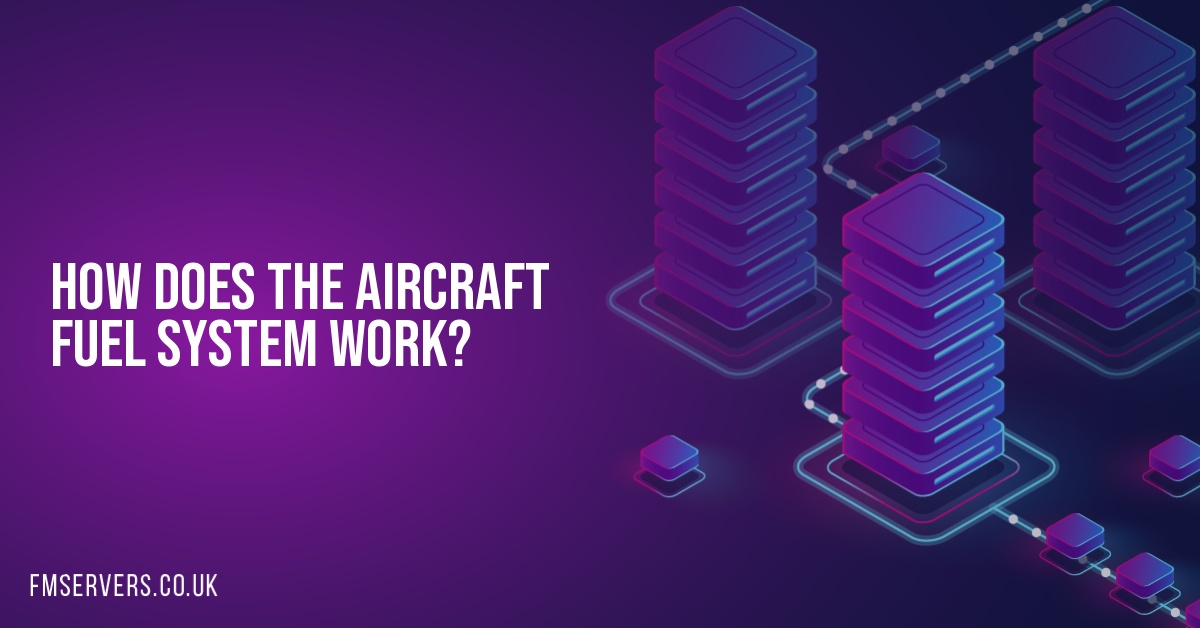An aircraft fuel system is responsible for fuelling and coordinating flying in an aircraft. It’s made up of different components, including valves, pumps, filters, and tanks. Each of these components plays a significant function within the system, and should be well maintained.
To understand aviation fuel test kits, aircraft fuel systems and how they contribute to fuelling and flying, we will discuss the aircraft fuel systems. From there, we can individually explain how each system works. The bottom line is that an aircraft fuel system provides the engine with a steady fuel flow, irrespective of the situation or position.
Types of an Aircraft Fuel Systems
Gravity Fed Aircraft Fuel System
As the name suggests, this fuel system model relies on gravitational force to push fuel into the engines. The tanks are relatively higher compared to the engines, which then pushes fuel into the engine from both tanks.
However, aircrafts with these engines have a booster pump to supplement it, especially if the fuel is injected into the engine. A good example is the Cessna 172 aircraft fuel system.
How the Gravity Fed Fuel System Works
The fuel tanks on each wing release fuel into the fuel selector. Each of the two tanks has a filler cap to regulate the gravity pressure pumping the fuel. The pilot then uses the fuel selector valve to determine which tank should feed the engine. Depending on the necessity, they can either use left, right or both tanks. However, balancing the tanks is crucial as it helps avoid banking.
At the bottom of the tank, there is a sensor that notifies the pilot of the fuel level. However, most pilots physically inspect the tanks and compare the findings with what is shown in the cockpit.
From the selector, the fuel goes into the fuel strainer to rid it of water or any contaminant. Large sediments do not leave the tank while the fuel strainer traps other contaminants. Essentially, the fuel reaching the carburettor has no impurities or contaminants.
Pump Fed Aircraft Fuel System
It is a fuel system that requires pumping fuel from the tanks to the engines. Pumps from both fuel tanks should supply the engine with up to 125% of the required fuel at any given time. Most low-wing aircraft fall in this category.
Each engine in a multiple-engine aircraft should be able to power the aircraft independently. Also, the pump should not draw fuel from more than one pump at a go.
How the Pump Fed Fuel System Works
The system is similar to the gravity-fed fuel system, only that it has pumps to propel the fuel to the engine. Most pump-fed systems have 2 pumps; the main pump (mechanical) and a backup (electrical). The system only uses the electric pump when the mechanical pump fails.
As the fuel continues to flow, the pilot can monitor the pressure at the engine inlet. It helps them decide when to use the electric pump. This system provides seamless fuel pumping throughout the system, regardless of condition or situation.
Aircraft Fuel Systems Components
Fuel Primer
The gravity-fed and pump-fed fuel systems can both use the fuel primer. It draws fuel from the tanks into the cylinders before starting the engine. Fuel primers come in handy during the cold seasons when engines take time to start. In essence, it makes the aircraft an all-weather machine. However, the maintenance team should fix it in one place as any movement might cause excessive air fuel contamination.
Fuel Tanks
They are in the aircraft wings and are vented to regulate atmospheric pressures. The overflow drain between the compartments makes them expand but does not damage the tank.
Fuel Selectors
It controls the amount of fuel from either of the tanks into the engine. Some systems allow alternation between the 2 tanks, while others can handle both.
Single-Engine Aircraft Gasoline Fuel System
The system has only one engine and uses capacity probes in the fuel tanks. During combustion, air enters the tanks, increasing the capacitance. All this is captured by the fuel level indication system, which shows the amount of fuel in the tank.

